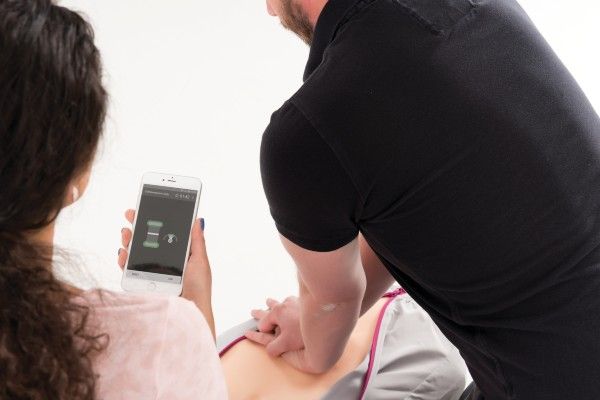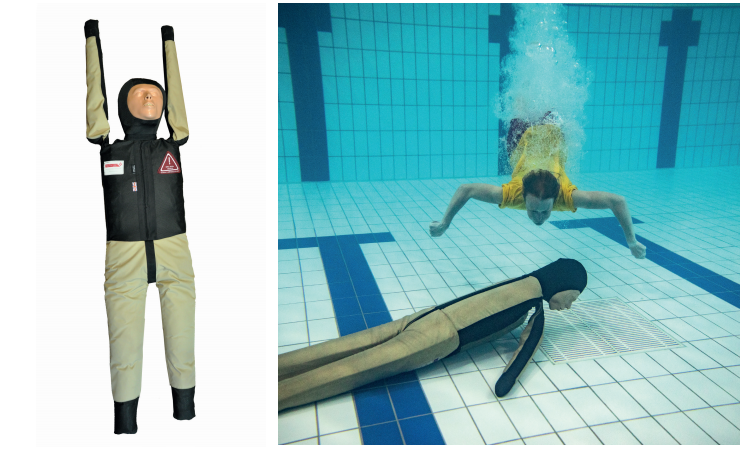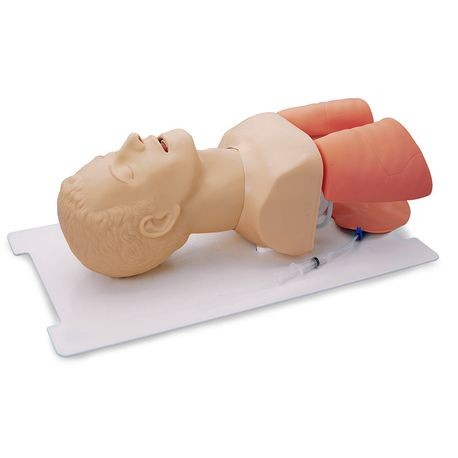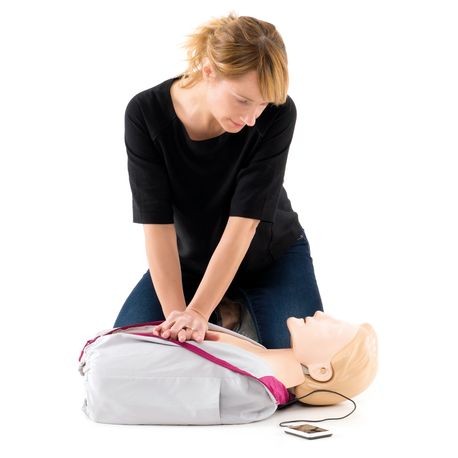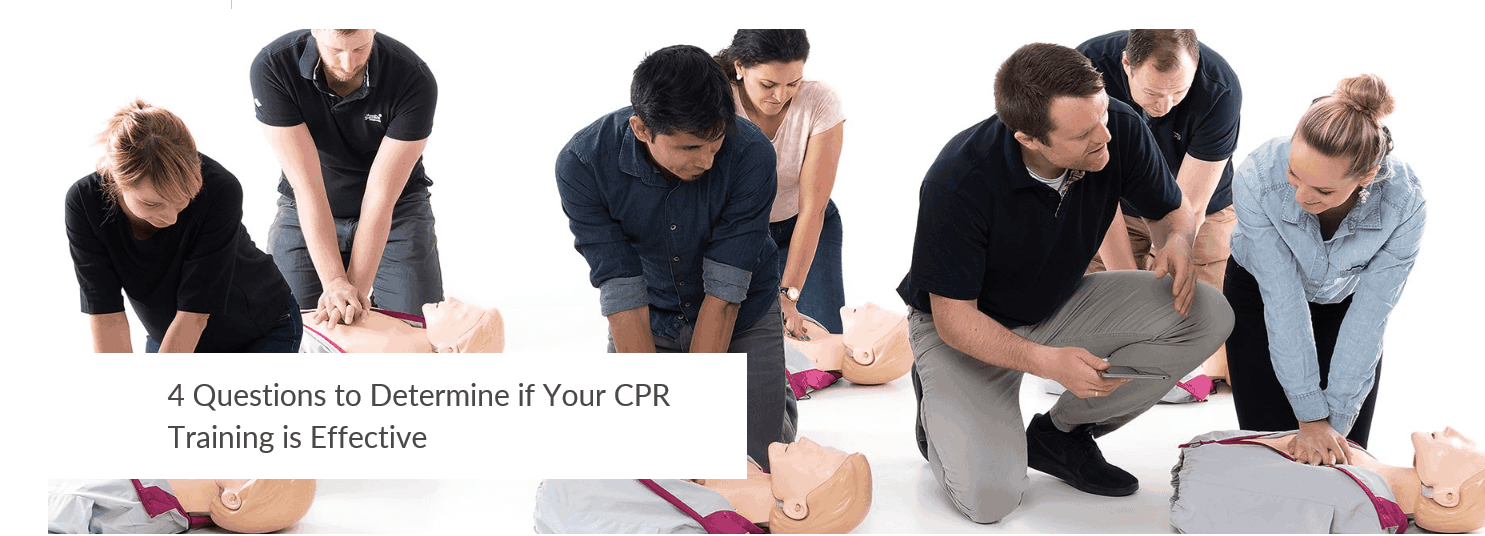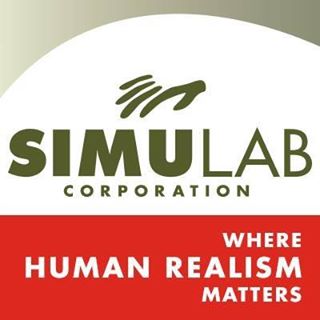
Central LineMan Training Package with Articulating Head
SKU: CLTP-51
The Articulating Head provides additional landmarks and enhances visual, tactile and physiological realism and difficulty to each procedure. The head can be rotated and tilted into the required position for each access site. Also included is an extra replaceable tissue and non-sterile guidewires.
Clinically Relevant Anatomy
CentraLineMan features clinically relevant landmarks and anatomy; learners can practice performing full catheterization using ultrasound guided or blind/landmark insertion approaches at the subclavian, supraclavicular, and internal jugular vein sites. CentraLineMan includes clinically relevant internal and external landmarks that are palpable and or visible under ultrasound. These include:
- Upper torso and neck
- Trachea
- Clavicle
- Sternal notch
- Sternocleidomastoid muscle
- Sternal and clavicular heads of the sternocleidomastoid muscle
- Manubrium
- Lateral border of the first rib
- Superior vena cava
- Upper lung
- Vascular Anatomy including: External Jugular, Internal Jugular, Subclavian, Axillary, and Brachiocephalic Veins; Carotid and Subclavian artery
Skill Development
- Practice full central venous catheterization using ultrasound guided or blind/landmark insertion approaches at the subclavian, supraclavicular, and internal jugular access sites.
- Practice placing patient in appropriate position per access site standards
- Gain experience in identifying and selecting appropriate access site based on patient anatomical variations
- Practice use of ultrasound for:
- Developing psychomotor skills required for obtaining visualization during cannulation
- Detecting anatomical variations
- Distinguishing vessels
- Visualizing arterial pulse and venous compression
- Identifying anatomical location of target vessel
- Visualizing needle cannulation of target vessel in transverse view
- Visualize threading of guidewire in longitudinal axis view
- Visualizing catheter placement
- Reducing rate of mechanical complications due to anatomical variances such as: pneumothorax or arterial puncture.
- Improving first cannulation success and decreasing needle passes
- Practice palpating external landmarks to identify vessel location
- Practice identifying unsuccessful vessel access by fluid feedback representing arterial puncture

